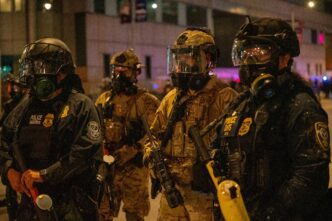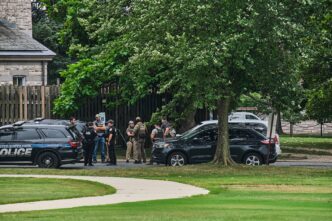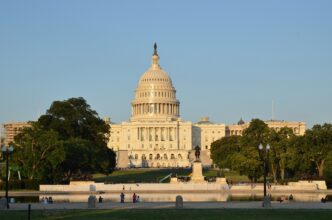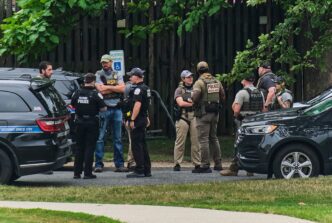Executive Summary
- President Donald Trump has pardoned two individuals whose convictions were related to the federal investigation into the Jan. 6 Capitol riot.
- Suzanne Ellen Kaye was pardoned for a conviction of threatening FBI agents who were investigating her potential presence at the Capitol.
- Daniel Edwin Wilson was pardoned for an illegal firearm possession conviction that resulted from a search of his home during the Jan. 6 probe.
- The White House justified the pardons by citing First Amendment concerns for Kaye and the investigative origin of the search for Wilson.
WASHINGTON — President Donald Trump has issued pardons for two individuals convicted of federal crimes that stemmed from the investigation into the January 6, 2021, attack on the U.S. Capitol. The pardons, confirmed by officials on Saturday, were granted to a woman convicted of threatening FBI agents and a man convicted of illegal firearm possession.
One recipient, Suzanne Ellen Kaye, had served an 18-month sentence after being convicted of threatening to shoot FBI agents who contacted her about a tip that she may have been at the Capitol. Kaye was not charged with any riot-related offenses. A White House official, speaking on the condition of anonymity, described her case as a prosecution of “disfavored First Amendment political speech.”
The second pardon was issued to Daniel Edwin Wilson of Kentucky, who was serving a sentence scheduled to end in 2028 for illegally possessing six guns and thousands of rounds of ammunition. The firearms were discovered at his home during the investigation into his role in the riot. Wilson, who had prior felony convictions making his possession of firearms illegal, had also pleaded guilty to conspiring to impede police officers on January 6.
Prosecutors had accused Wilson of planning to stop the transfer of power and communicating with members of extremist groups. His case had become part of a legal debate over whether previous grants of clemency for Jan. 6 rioters applied to other offenses uncovered during the sprawling investigation. The White House stated that the pardon was justified because the search of Wilson’s home was a direct result of the Jan. 6 probe.
These actions represent a continued use of executive clemency for individuals prosecuted in connection with the January 6 investigation. Under the U.S. justice system, all individuals facing charges are presumed innocent until proven guilty in a court of law.






